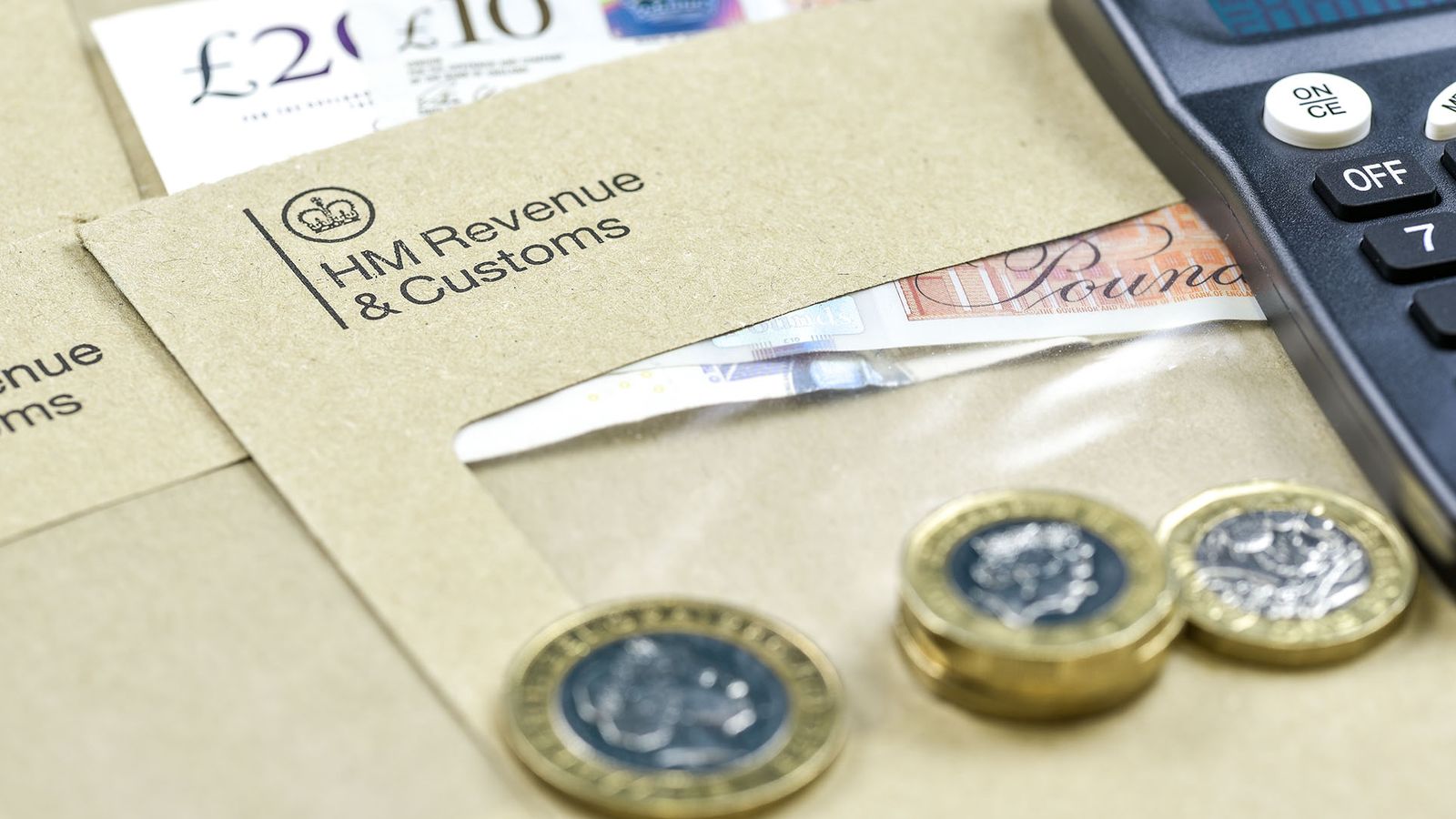Workers are set to see more money in their pay packets as a rise in National Insurance is being reversed today.
National Insurance contributions rose by 1.25 percentage points in April as part of plans to help pay for social care and deal with the NHS backlog.
Most employees will see a cut to their contribution directly via their employer’s payroll in their November pay – although some may be delayed until December or January.
Read more: National Insurance calculator – see how you’re affected after rise is reversed
Almost 28 million people will keep an extra £330 of their money on average next year, while 920,000 businesses will save an average of almost £10,000, the Treasury said.
The measure, introduced by Boris Johnson‘s government with Rishi Sunak as chancellor, was reversed by former chancellor Kwasi Kwarteng in his controversial mini-budget last month.
Its scrapping is one of few economic policies planned by Liz Truss and Mr Kwarteng that has not been ditched by new chancellor Jeremy Hunt.
Bank of England chief says it never feels good to raise rates – but it is their job
FinTok: How the cost of living crisis helped turn TikTok into a hub of financial advice
Energy prices: Gamers playing late at night to avoid peak electricity costs amid cost of living crisis
But back in January, now-prime minister Mr Sunak – along with Mr Johnson – had doubled down on going through with the policy, despite concerns it would add to some people’s cost of living struggles.
“We must clear the COVID backlogs with our plan for health and social care – and now is the time to stick to that plan. We must go ahead with the health and social care levy. It is the right plan,” they said.
“It is progressive, in the sense that the burden falls most on those who can most afford it. Every single penny of that £39bn will go on these crucial objectives – including nine million more checks, scans and operations, and 50,000 more nurses, as well as boosting social care.”







